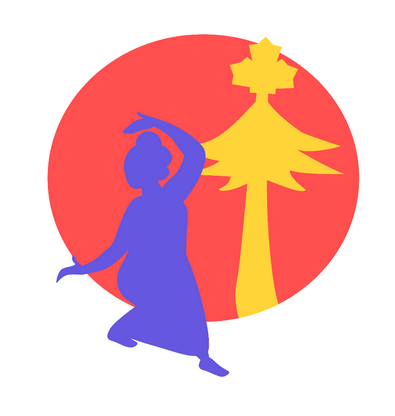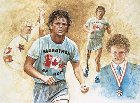 The vivid prose of Gabriel Garcia Marquez described a world as exotic as a Latin American carnival. His backdrop was the poverty-stricken, and often violent world of his Colombian home where democracy never really found roots. His stories wove imaginary magical elements into real life and were often set in a fictional village called Macondo. A left-winger by conviction he was not slow to criticise the Colombian government and spent a great part of his life in exile. Garcia Marquez was born in the town of Aracataca, Colombia on 6 March 1927. Shortly after he was born, his father became a pharmacist and his parents moved away. The young Marquez was left in the care of his maternal grandparents.
The vivid prose of Gabriel Garcia Marquez described a world as exotic as a Latin American carnival. His backdrop was the poverty-stricken, and often violent world of his Colombian home where democracy never really found roots. His stories wove imaginary magical elements into real life and were often set in a fictional village called Macondo. A left-winger by conviction he was not slow to criticise the Colombian government and spent a great part of his life in exile. Garcia Marquez was born in the town of Aracataca, Colombia on 6 March 1927. Shortly after he was born, his father became a pharmacist and his parents moved away. The young Marquez was left in the care of his maternal grandparents.
Critical acclaim
His grandfather, a veteran of Colombia's Thousand Days' War and a liberal activist, gave him an awareness of politics. From his grandmother, Garcia Marquez learned of superstitions and folk tales. She spoke to him of dead ancestors, ghosts and spirits dancing round the house, all in a deadpan style that he would later adopt for his greatest novel. Garcia Marquez went to a Jesuit college and began to study law, but soon broke off his studies to work as a journalist. In 1954, he was sent to Rome on a newspaper assignment, and since that time, lived mostly abroad, in Paris, Venezuela, and finally Mexico City. He always continued his work as a journalist, even when his fiction increased in popularity.
Facilitator Heavily influenced by the work of William Faulkner, Garcia Marquez wrote his first novel at the age of 23 although it took seven years to find a publisher. Published in 1955, Leaf Storm and his three subsequent novels received critical acclaim from the literary establishment but did not reach the wide audience he would win with his later books. In 1965, the idea for the first chapter of One Hundred Years of Solitude came to him while he was driving to Acapulco. He turned the car, drove home and locked himself into his room with six packets of cigarettes a day for company. He emerged 18 months later to find his family $12,000 in debt. Fortunately, he had thirteen hundred pages of phenomenal best-selling text in his hands. The novel's first printing in Spanish sold out within a week, and during the next thirty years One Hundred Years of Solitude sold more than twenty million copies and was translated into more than thirty languages. The New York Times called it the first piece of literature since the Book of Genesis that should be required reading for the entire human race.
Heavily influenced by the work of William Faulkner, Garcia Marquez wrote his first novel at the age of 23 although it took seven years to find a publisher. Published in 1955, Leaf Storm and his three subsequent novels received critical acclaim from the literary establishment but did not reach the wide audience he would win with his later books. In 1965, the idea for the first chapter of One Hundred Years of Solitude came to him while he was driving to Acapulco. He turned the car, drove home and locked himself into his room with six packets of cigarettes a day for company. He emerged 18 months later to find his family $12,000 in debt. Fortunately, he had thirteen hundred pages of phenomenal best-selling text in his hands. The novel's first printing in Spanish sold out within a week, and during the next thirty years One Hundred Years of Solitude sold more than twenty million copies and was translated into more than thirty languages. The New York Times called it the first piece of literature since the Book of Genesis that should be required reading for the entire human race.
Reality
Following its publication, Garcia Marquez was asked to act as a facilitator in negotiations between the Colombian government and a number of guerrilla organisations including Farc and ELN. He also became friends with the Cuban leader Fidel Castro, a relationship that Garcia Marquez insisted was based on books. "Fidel is a very cultured man," he said in an interview. "When we're together we talk about literature." In 1982 Garcia Marquez received the Nobel Prize for Literature. He received praise for the vibrancy of his prose and the rich language he used to convey his overflowing imagination. Some saw his work as deliberate exaggeration, a supernatural, mythical approach he effected to escape the unrest of his country.
He said himself that "surrealism came from the reality of Latin America," and such works as The General in his Labyrinth and The Autumn of the Patriarch illustrate his growing political opposition to the increasing violence in Colombia. Garcia Marquez's place in the ranks of literary masters was further assured by the publication of another best-selling work, Love in the Time of Cholera in 1986. In the story of two couples, the younger based on the love affair between his own parents. The Mexican novelist, Carlos Macias described Garcia Marquez as perhaps the best writer in Spanish since Cervantes. "He is one of those rare artists who succeed in chronicling, not only a nation's life, culture and history, but also those of an entire continent."
Courtesy: http://www.bbc.com/news/world-latin-america-26893514

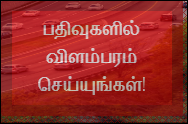
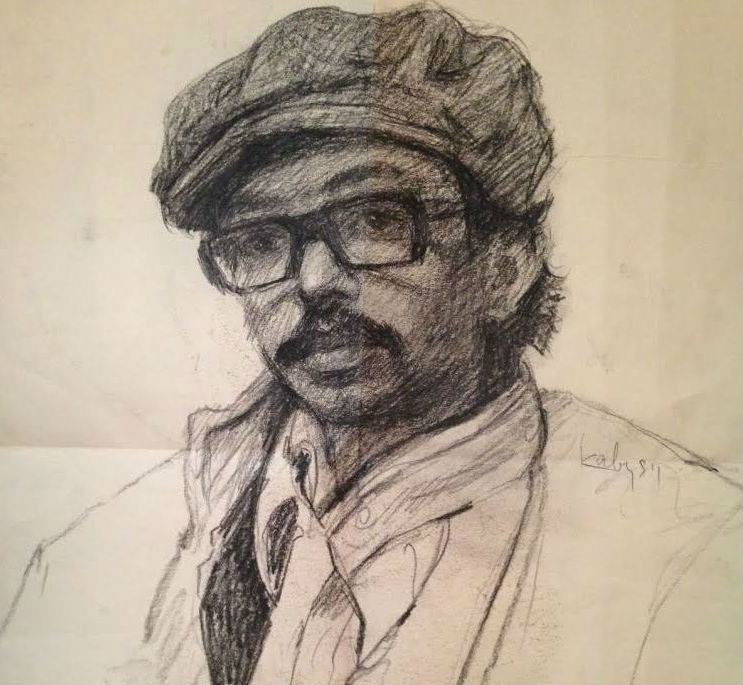
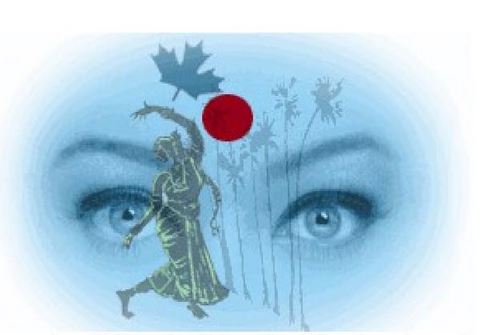 பதிவுகள். காம் மின்னூல் தொகுப்புகள்
பதிவுகள். காம் மின்னூல் தொகுப்புகள் 